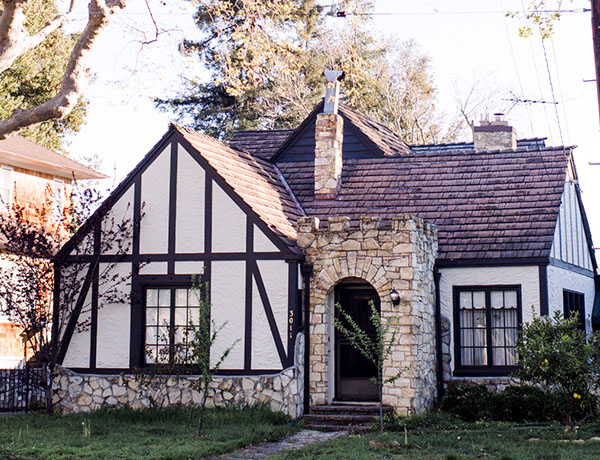What do physicians, plumbers, exterminators, electricians, addiction counselors, pawn brokers and, yes, lawyers all have in common? Essentially, they earn their livings from other people’s problems. Does this make them disreputable? Hardly. They take time to train in their professions — and often invest many dollars in so doing — so they can use their knowledge to make a difference. The fact is that trouble follows humanity like ganders follow geese. Every facet of life brings conflict or misfortune of some kind. The same holds true for real estate. When the difficulties become overwhelming, and a distressed property becomes unmanageable, investors can offer needed relief.
What do real estate investors do?
Sometimes known as re-habbers or flippers, real estate investors purchase distressed houses or commercial buildings; make them suitable for resale; and then, re-sell. Sometimes, investors will hold onto the property and rent it out rather than resell it. Their livelihood consists in the difference between the price they buy and the higher resale price, or the monthly rent payment. Often, but not always, the house or building is in disrepair or has at least lost some of its luster in terms of appearance. In such cases, the investor will rehabilitate the property, factoring the repair and restoration costs into the new sales price.
What is a distressed property?
Break down the word “distress” and you find the root: “stress.” In brief, a distressed property is one that is becoming a financial — and often emotional — burden to the owner. Several variables can lead a house into distressed status:
- Loss of job or regular source of income can lead to missed or shorted mortgage payments. In such instances, the risk of foreclosure is heightened while the owner’s credit rating begins to sink.
- Other debts become as pressing as house payments. These include medical bills, legal penalties, credit cards and personal loans.
- Unpaid creditors place liens on the property so that any sale is conditioned on those debts being satisfied.
- The physical condition of the house is deteriorating and there are not enough funds to address the decay.
- The house is simply no longer affordable due to loss of a spouse or other co-owner.
In such examples, keeping the house may very well threaten future financial stability. Yet distressed properties are often difficult to sell because of their structural condition or legal/financial status. Investors assist homeowners with this issue by offering to purchase the property as is and does not require any repairs to be made.
How do real estate investors help distressed homeowners?
When owners realize that trying to hold onto their homes is detrimental to their financial futures — if not futile — selling to an investor becomes a sensible, if not the only, option. For one thing, no pre-sale repairs are necessary, as they would be if the property is sold through traditional listing services. The investor has already accounted for the estimated repair costs in the offer price. Also worked into the purchase price is the amount for satisfying liens and judgments attached to the property. These could be related to unpaid taxes or long past due contractor invoices, for example.
The greatest benefit an investor offers a homeowner is that — through the sale of the property — current mortgages are paid in full and completely satisfied as far as the seller is concerned. This, then, precludes foreclosure and salvages the owner’s credit score. More often than not, the owner can walk away from the deal with enough money to arrange for new living quarters and a renewed cash flow. If there is one main commodity investors trade in, it is peace of mind.

